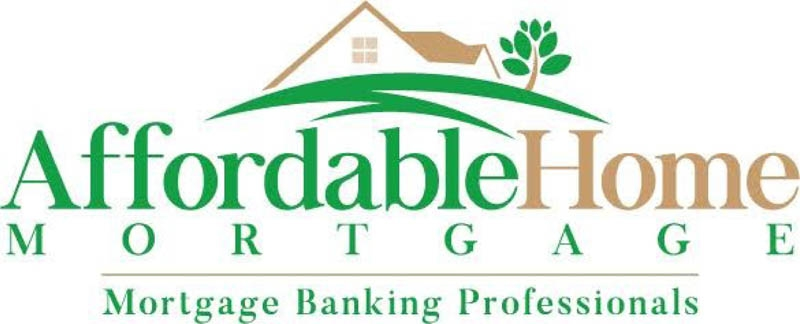
With so much equity flowing freely these days, getting a home equity line of credit (HELOC) can be a great way to pay for home renovations, help pay for a child’s college tuition, or finance other important financial goals. Unlike a traditional mortgage loan though, where you are loaned a lump sum and then immediately start paying it back, a HELOC is more like a credit card account where you can pull out smaller amounts as needed. That “draw period” does not last forever though. You will have a certain amount of time to access equity before you have to repay all the borrowed funds.
How Does a HELOC Work?
A home equity line of credit is a second mortgage that allows you to pull funds out of your home’s existing equity. It uses your home as collateral just like with your first mortgage. Once approved, you will be given a borrowing limit and then you can pull out as much as you need up to that limit during the draw period. You typically make only interest payments at this time, but you can then repay some or all of the principal, and cash out more later when desired. After the draw period ends, you are no longer able to borrow any more money but must repay any used funds on a set schedule.
HELOCs are a nice option when you don’t know exactly how much money you’ll need for a project ahead of time. You can pull out only what you actually need and have access to more if you originally underestimated your costs. Plus, because they are tied to your home, HELOCs offer much lower interest rates than personal loans and credit cards.
How Long Is the Draw Period?
Most HELOCs have draw periods between five and 10 years. During this time, you can borrow money, repay it, and borrow again as often as you want. You only have to pay monthly interest on the amount you have borrowed. With a traditional second loan, you would have to start making full repayments every month from the beginning.
How Long Is the HELOC Repayment Period?
Once the draw period ends, your repayment period starts, and it can last between 10 and 20 years depending on the type of loan you signed up for. As you near the repayment phase, it’s a good idea to have a conversation with your lender to make sure you are clear about the terms. You might double check whether your interest rate is fixed or variable and how much your exact monthly payment will be. This will help you plan out and budget for the new charges.
In some cases, if you need more funds or are looking for a fixed interest rate, you may be able to refinance your HELOC into either a new HELOC loan or a traditional home equity loan or even pay it off by refinancing your first mortgage.
A home equity line of credit can be a helpful way to get money for projects and financial goals at a very reasonable price. It’s important for you to understand how long the draw and repayment phases last so you can be smart about how you handle the loan.
If you have any questions about HELOCS or about loans in general, please give us a call today.
These materials are not from HUD or FHA and were not approved by HUD or a government agency and in some cases a refinance loan might result in higher finance charges over the life of the loan.
